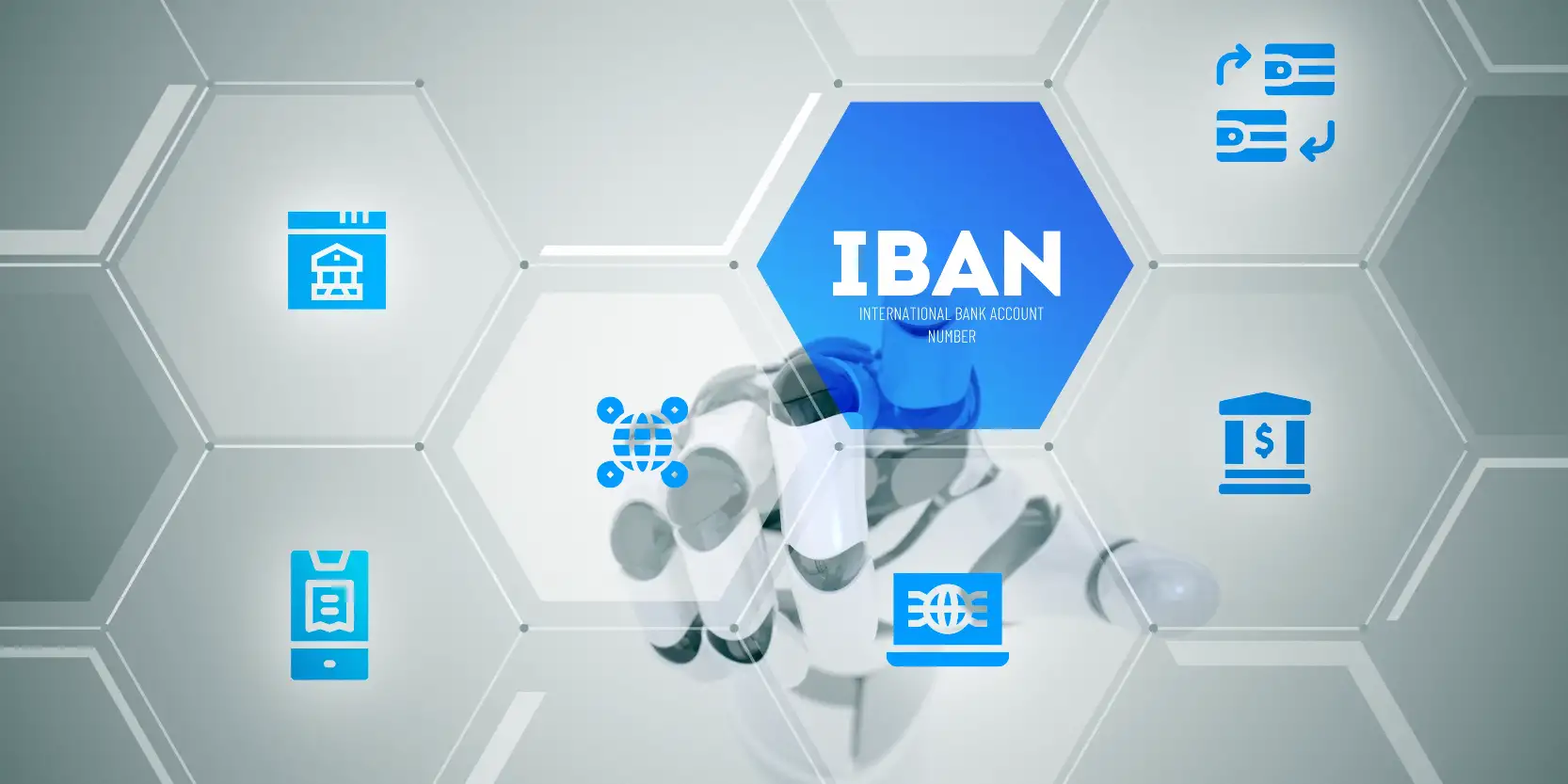At the end of 2024, the Hauts-de-France region confirmed its strategic position in France, despite a complex global economic and political context (France and international). Between industrial innovation, a resilient entrepreneurial fabric and investment in infrastructure, the region is showing signs of dynamism while facing up to its structural challenges.
An economic engine driven by key sectors
Industry continues to play a major role in the regional economy, although some traditional branches, such as metallurgy and automotive manufacturing, remain under pressure from rising raw material costs and those generated by the ecological transition. However, the emergence of growth sectors is helping to offset these difficulties.
- Renewable energies and green transition: investment in offshore wind power and energy storage technologies has gained momentum. The region is capitalizing on its geographical advantages to become a hub for low-carbon energies.
- Agri-food: despite the effects of the climate crisis, this sector is showing notable resilience thanks to the modernization of production chains and the adoption of sustainable agricultural practices.
- Logistics: thanks to its strategic location close to major European routes, the Hauts-de-France region continues to strengthen its position as a major logistics hub.
Employment and entrepreneurial dynamism: mixed signals
The improvement in the employment rate in 2024 points to a slight economic recovery, although some disparities remain between rural and urban areas.
- Activities under pressure: the digital, healthcare and industrial maintenance professions remain the main providers of jobs, but are still suffering from a shortage of skilled workers.
- Entrepreneurship: the Hauts-de-France region is experiencing a surge in start-ups, supported by regional incubators and public funding.
Infrastructure and innovation: structuring projects
2024 was marked by an acceleration in infrastructure projects designed to enhance the attractiveness of the region:
- Development of the rail network to promote sustainable mobility and smoother connections to major European metropolises.
- Supporting the digitalization of SMEs and applied research through partnerships between universities, technical institutes and private companies.
Innovation remains at the heart of regional strategies, with a particular focus on information technology, cybersecurity and artificial intelligence.
Environmental challenges: an energy transition underway, but...
The ecological transition poses considerable challenges for the region. The Hauts-de-France region is committed to combating industrial pollution, with projects to clean up production sites. At the same time, managing climate risks such as flooding is becoming a priority.
But there's still a long way to go. The Hauts-de-France region is on the front line of global warming, with average temperatures having risen by 1.2°C since 1970 (the national average is 1.1°C). For its part, the northern coastline is losing up to 1 metre of shoreline per year, particularly in Berck, Dunkirk and Wissant. Another finding: the region's car fleet still favors diesel (64% vs. 49% nationally).
Outlook for 2025: towards a resilient and inclusive economy
The region has several development priorities for 2025 and beyond:
- Strengthening environmental policies with continued investment in renewable energies.
- Increased support for vocational training to meet the needs of sectors in shortage.
- Promoting research and innovation to boost regional competitiveness.
- Development of sustainable infrastructures, particularly in the field of transport. At present, 35% of communes have no access to public transport, making the car indispensable for many users.
- Development of new technologies, such as the establishment of Data Centers in the Hauts-de-France region


